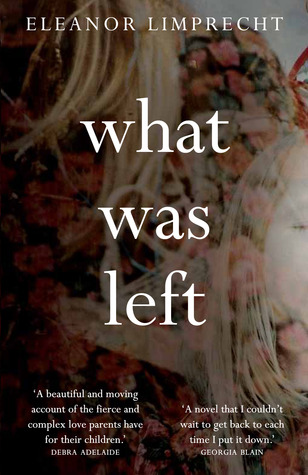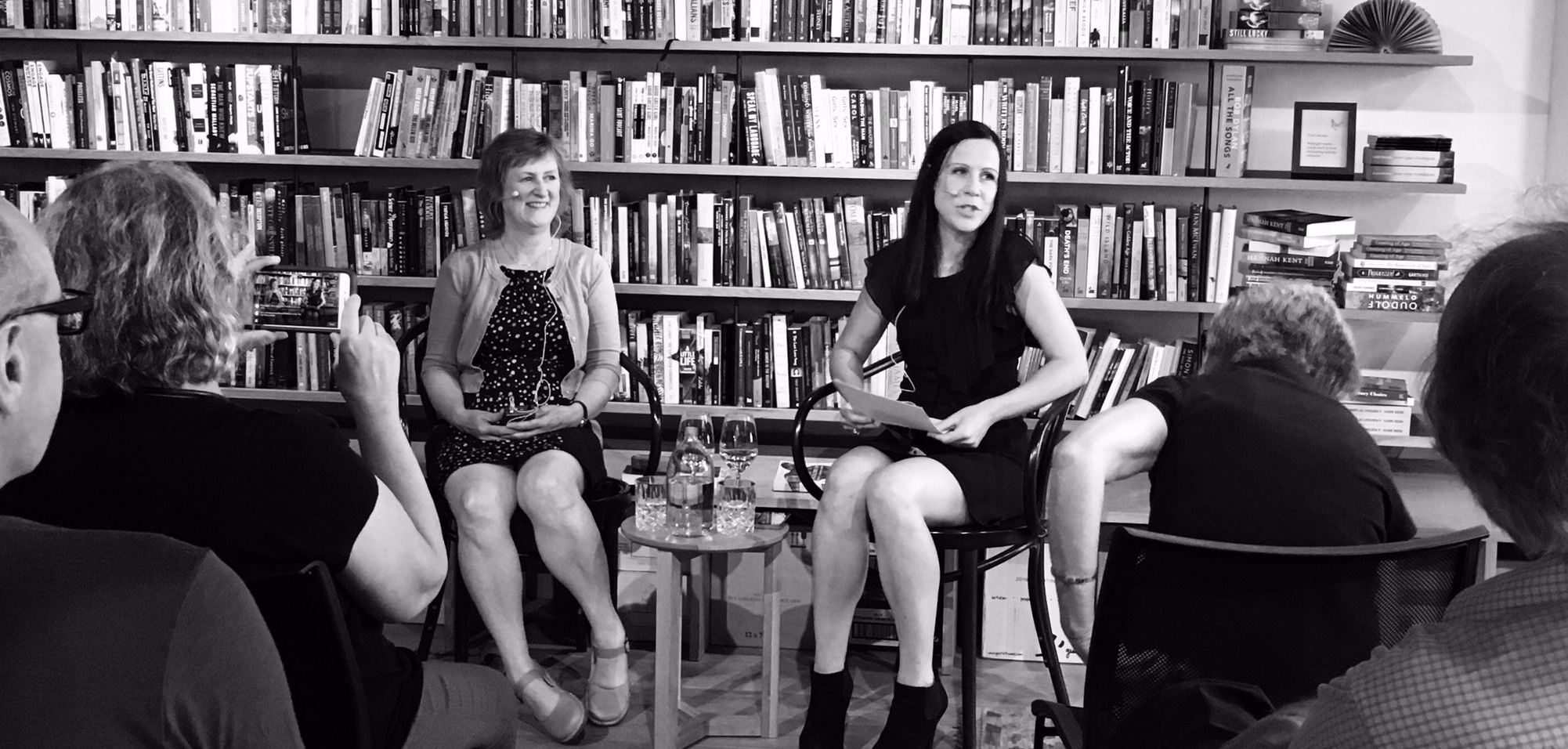Knock outs: on writing rejection and success
Wanting to be a writer and not wanting to be rejected is like wanting to be a boxer and not wanting to get punched.
David Barr Kirtley speaks the truth. Successful writers are those who have been knocked out and got back up, over and over again. In spite of that, writers are notorious for focusing on their failures, not their achievements. So I asked three successful writers — Eleanor Limprecht, Annabel Smith and Natasha Lester — to reflect on both their most biting rejections and their most affirming successes.
Read More »Knock outs: on writing rejection and success
Eleanor Limprecht
My first was my worst rejection. The first book I wrote (Mothwings — it even sounds like a first manuscript) never found a publisher despite years of hard slog writing and rewriting it. I even had an agent representing it. Publishers said it was ‘too quiet’, ‘didn’t go far enough’ and that ‘the characters are lovely but nothing really happens’. That was the hardest rejection to take, because I felt like I would never be published. Like I’d wasted years of my life. Like I would never be a real writer.
 The way I responded was by writing something new, an idea which had been in the back of my mind, about a mother with postnatal depression who leaves her baby. Giving up on the first book and giving myself permission to write the next was like clearing a clogged drain. This book became What Was Left, and was published in 2013 with Sleepers Publishing. It is a novel which still means so much to me. I have gone back every few years and revisited Mothwings, but I think it belongs in the drawer now. It was really difficult to let go of at first, though. I still think of the characters sometimes, but I learned so much about writing from them. Like how to create momentum and tension rather than just characters in a room, talking.
The way I responded was by writing something new, an idea which had been in the back of my mind, about a mother with postnatal depression who leaves her baby. Giving up on the first book and giving myself permission to write the next was like clearing a clogged drain. This book became What Was Left, and was published in 2013 with Sleepers Publishing. It is a novel which still means so much to me. I have gone back every few years and revisited Mothwings, but I think it belongs in the drawer now. It was really difficult to let go of at first, though. I still think of the characters sometimes, but I learned so much about writing from them. Like how to create momentum and tension rather than just characters in a room, talking.
Since then I’ve had ego-shattering rejection again, of course. I think that the writers you see published aren’t the lucky ones, but the ones who get back up after being knocked down time and again. And since then I’ve had bad reviews. My latest novel, The Passengers had a shocking anonymous review in The Saturday Paper. So I hear, I’ve never read it and I don’t plan to. If a reviewer does not have the guts to put their name on a review, it is not worth reading. Jeff Sparrow said this succinctly in Overland: ‘If you expect an author to suck up your assessment of their book, you should at least be exposing yourself to equivalent scrutiny.’


